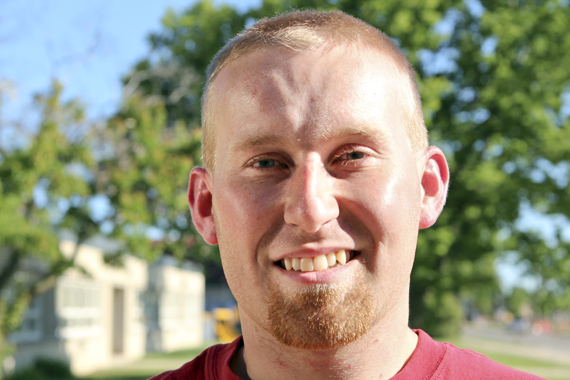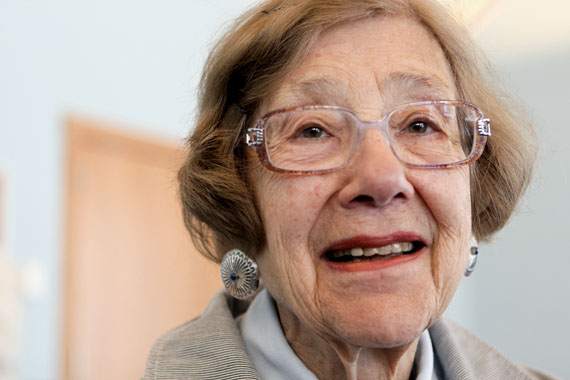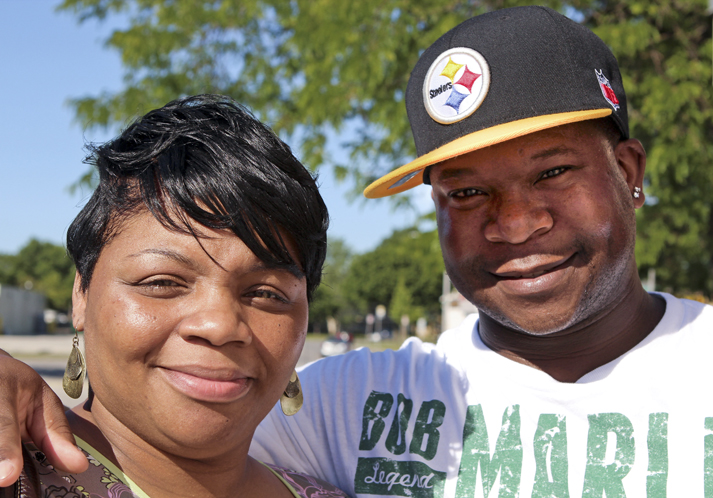Gov. Scott Walker won by a comfortable margin
Tuesday in Wisconsin’s recall election. The closely
watched contest drew national attention, forecasts of
a narrow race and predictions of a recount in
balloting that highlighted the role of election
observers.
Sometimes called poll watchers, election observers
are associated with a candidate or a cause and are
allowed to monitor polling activity. Observers
Tuesday came from groups that included the League of
Women Voters, the Democratic Party of Wisconsin, We
are Wisconsin, Wisconsin Jobs Now and True the
Vote.
Jean McCoy-Garner, the top official at the
Engleburg Elementary School polling location in north
Milwaukee, said observers didn’t cause her many
problems Tuesday.
“Sometimes I have to remind them of what they can
and can’t do,” she said. “Ultimately they need to let
people have the freedom to vote, and they can’t do
certain things.”
Jamila Gatlin took exception with the official’s
analysis, saying that she was offended by the three
observers at the school.
“That’s pretty harassing if you ask me,” Gatlin
said after she voted and left the school. “Why do we
have to be watched while we vote? Do they go watch
people vote in their areas?”
Gatlin was bothered by the fact that all the
observers were white, she said, and they were
dispatched to a predominantly African-American
polling place. It didn’t matter, she said, that two
of them were from organizations described as
conservative and one was from a liberal group.
By AJ Vicens, News21




